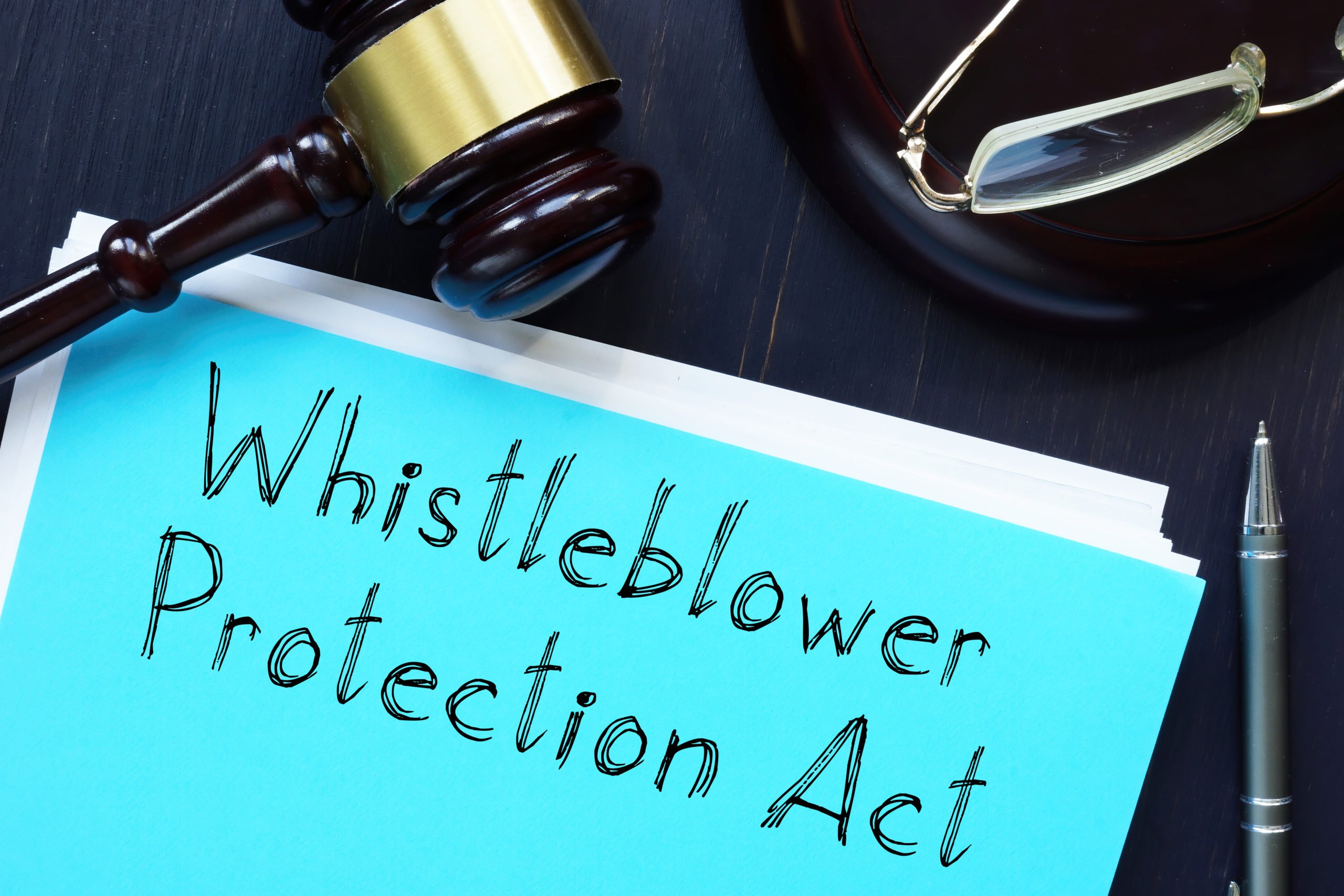Wrongful termination laws passed at the state and federal levels primarily address illegal firings in the private sector. For example, California has enacted several laws that prohibit private employers from firing employees because of race and gender, as well as for retaliation because a worker reported an illegal act. If private employers must follow several wrongful termination statutes, what happens to a federal worker whose employer committed an act of wrongful termination?
One federal law that is highly effective at addressing wrongful termination cases in the public sector is called the Whistleblower Protection Act. The Whistleblower Protection Act gives federal workers a clear path to disclose misconduct and illegal activities, without fearing retaliation from their managers.
Impetus Behind the Whistleblower Protection Act.
11 years before the United States Congress enacted Whistleblower Protection Act, Congress laid the legal groundwork for federal worker protections by passing the Civil Service Reform Act of 1978. In 1989, the intent of Congress was to “strengthen and improve protection for the rights of federal employees, to prevent reprisals, and to help eliminate wrongdoing within the Government.” The Whistleblower Protection Act clarified the procedures that federal workers can use to report misconduct and illegal activities in the workplace.
Who Does the Whistleblower Protection Act Protect?
The Office of Special Counsel (OFC) handles whistleblower cases for current federal employees., former federal employees, and applicants for federal jobs. However, the OFC does not handle the whistleblower claims made by federal independent contractors, members of the military, and United States Postal Service workers. The OFC also does not represent federal employees that work for an intelligence agency like the FBI ad the CIA. Federal law states the OSC cannot address disclosures an Executive Order has classified as secret.
How to Report Misconduct and Illegal Activities
Federal employees submit disclosures of misconduct or illegal activities by contacting the OSC. The OSC has set up a process that moves a disclosure along towards a conclusion.
Here are the types of misconduct a federal worker can report to the OSC:
- Violation of a law or federal regulation
- Excessive waste of taxpayer funds
- Abuse of authority
- Placing the public in harm’s way
- Gross incompetence
The OSC acts like a screener of reports describing misconduct and illegal activities in federal workplaces. If the OSC determines a whistleblower case has merit, it passes the case over to the appropriate federal agency. For example, if a federal worker at the Securities and Exchange Commission (SEC) discovers an illegal transfer of funds to a Wall Street bank, the OSC reviews the claim and if warranted, sends all the paperwork over to the SEC for an internal investigationS
How to file a Whistleblower Retaliation Claim
Federal workers that file a report of misconduct or illegal activities with the OSC and experience retaliation for filing the report from their employer have the right to file a whistleblower retaliation claim. You file a whistleblower retaliation claim with the OSC, which in turn conducts a thorough investigation. If the OSC discovers your retaliation claim is valid, the OSC files a report with the proper federal agency.

Proving an act of workplace retaliation requires you to demonstrate these elements:
- You filed a report of misconduct or illegal activities
- The federal worker who committed acts of retaliation knew about your whistleblower report
- Your whistleblower report was the main factor in causing the retaliatory acts committed against you
If you can prove a whistleblower retaliation claim, you might qualify for back pay, attorney fees, and a clean employment record. The federal worker who committed the acts of retaliation might face a demotion, suspension, or termination.Top of Form
Whistleblower Protection Enhancement Act
Many legal experts believe Congress watered down the language in the Whistleblower Protection Act. Several loopholes gave federal employers a legal way out to avoid the ramifications of losing a whistleblower retaliation claim. As a result of the pressure to reform the Whistleblower Protection Act, Congress enacted the Whistleblower Protection Enhancement Act of 2012. The law strengthened the legal language written into the original law, as well as closed most of the loopholes.
Work with an Experienced Attorney
If you have filed a disclosure report against your federal employer and your employer has retaliated against you, reach out to an employment lawyer who works whistleblower cases. Your attorney can help you gather the evidence you need to persuade the OSC to send your report to the appropriate federal agency. Having legal support is also important if you plan to submit a whistleblower retaliation claim against your employer.





